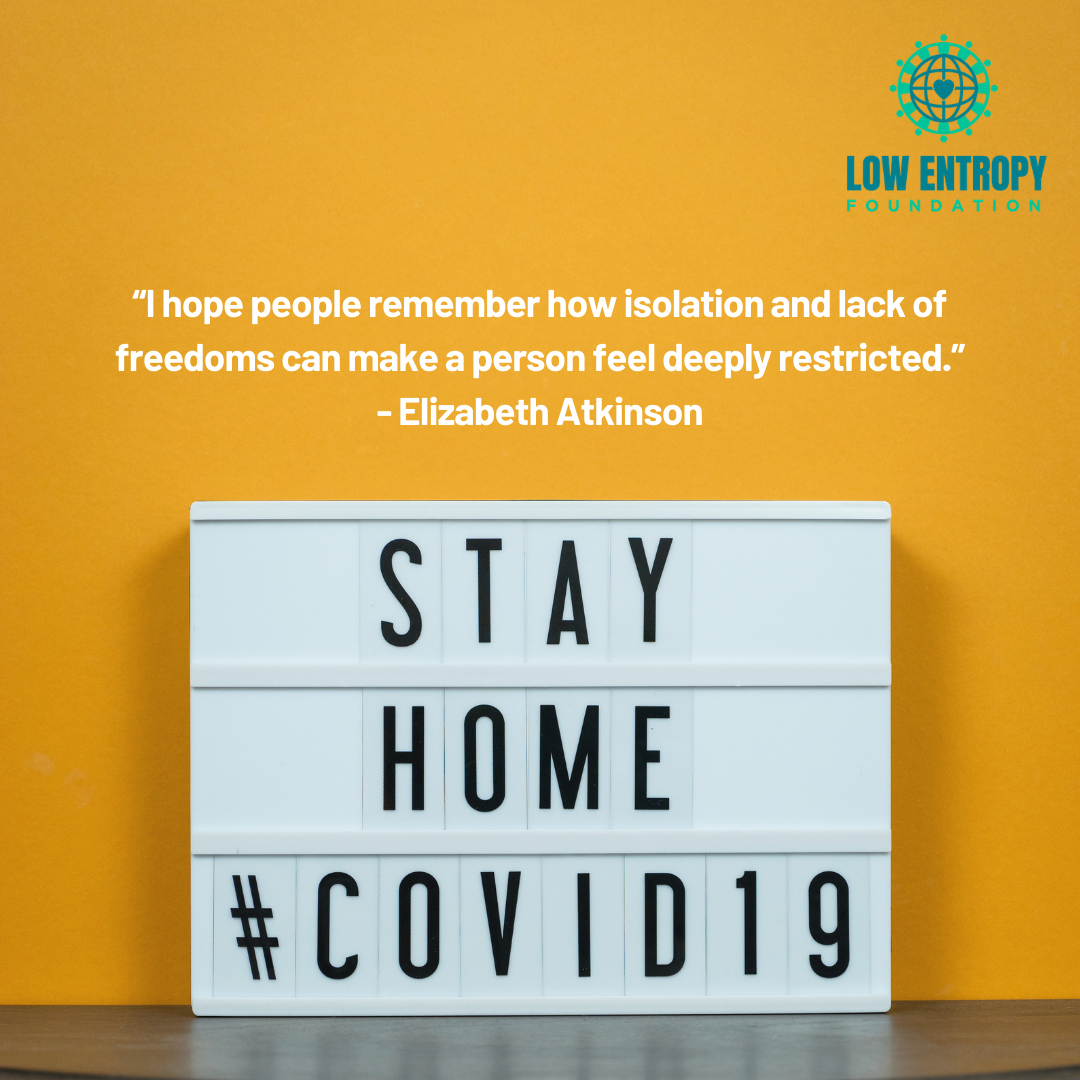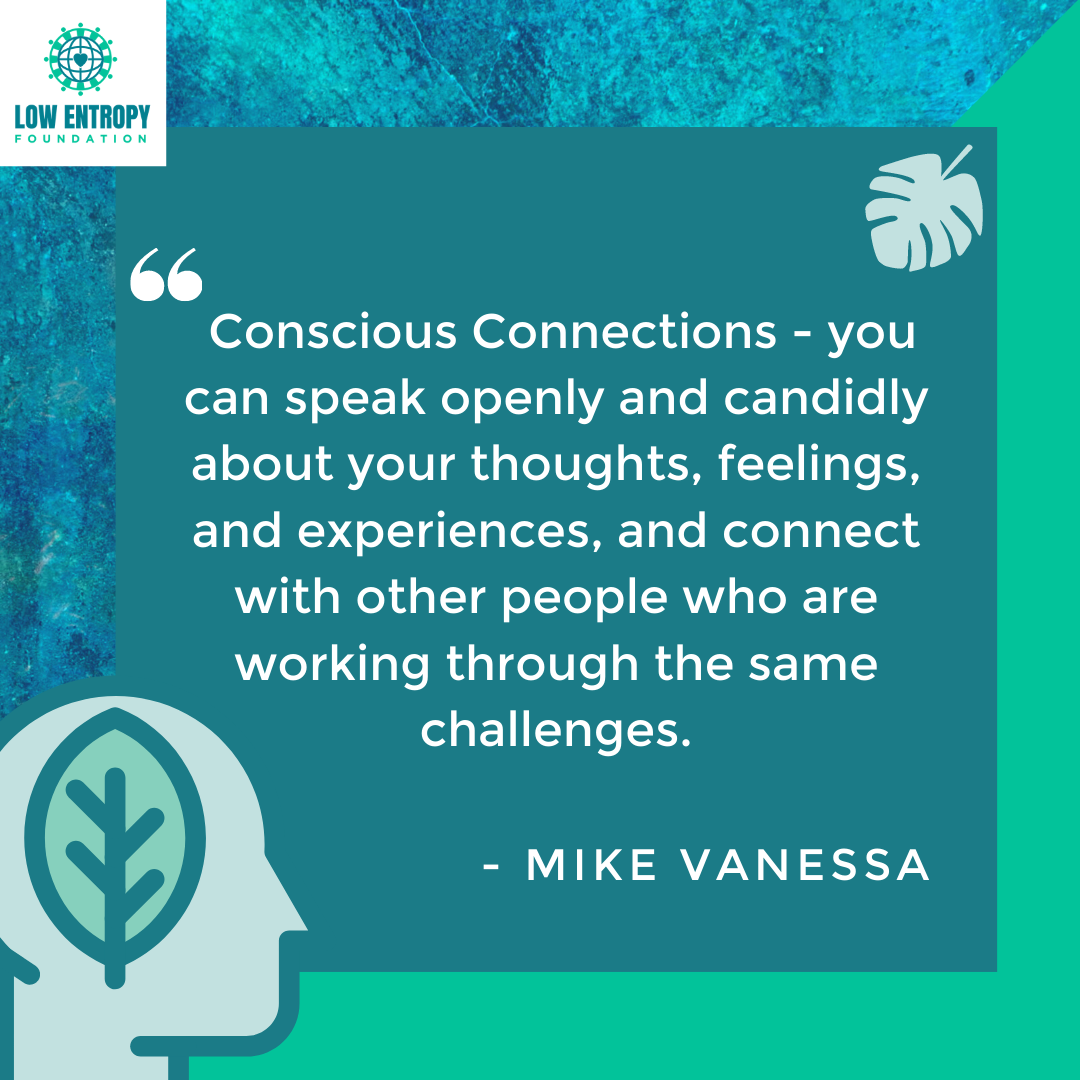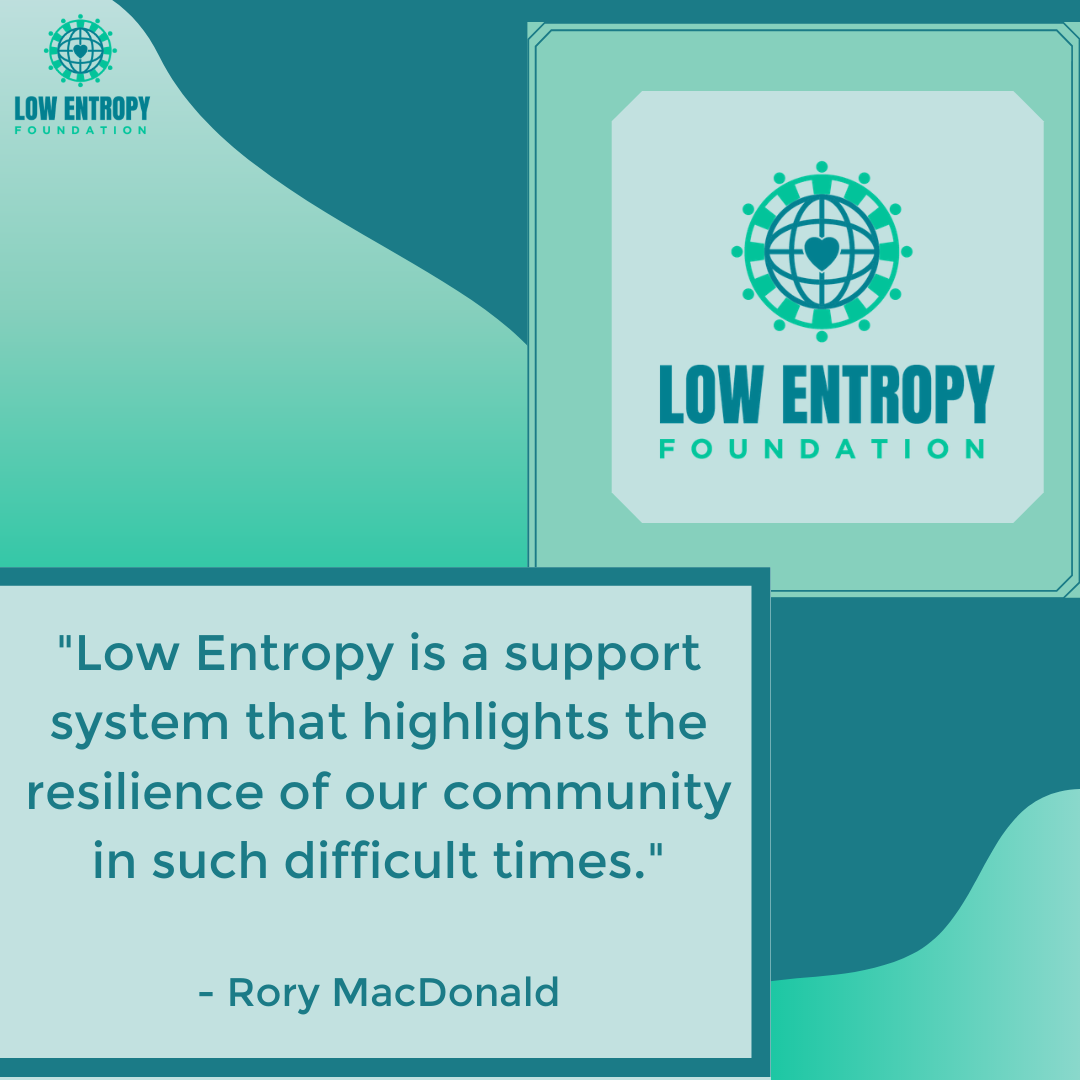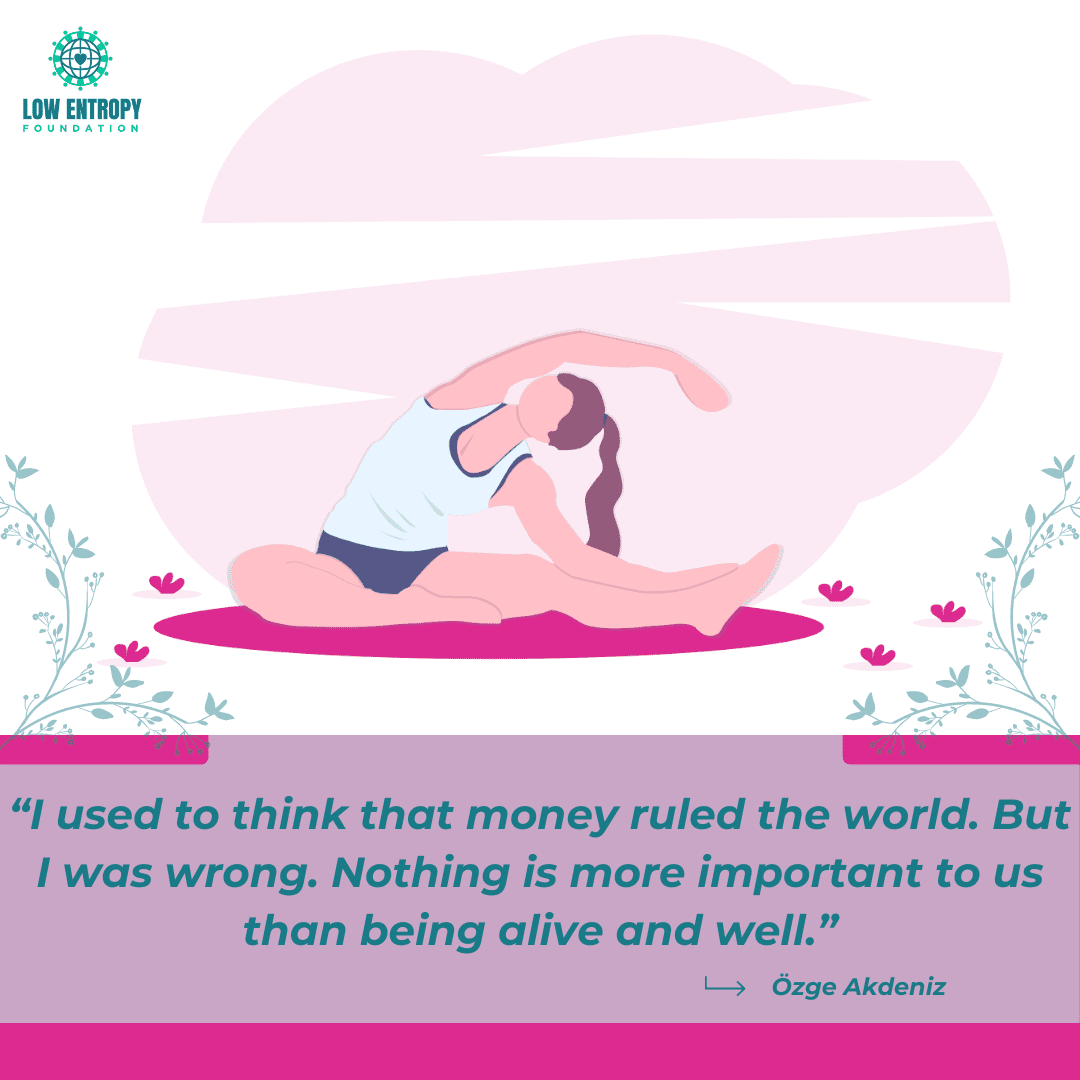It’s all too easy to ignore others’ struggles. Marginalization is real, and it is perpetuated when the needs of smaller, disadvantaged populations are deprioritized in favour of the overriding concerns (or comforts) of those in power. Low Entropy Volunteer Writer Elizabeth Atkinson understands this all too well.
Let’s just call a spade a spade. Living with a disability is difficult. Living with a disability during a global pandemic when you are a high-risk individual? Beyond difficult. It takes a different kind of strength that most people won’t understand. This is not to dismiss the issues that healthy people without disabilities have had during this pandemic. I do not mean to suggest that the pandemic has been easy on anyone. Everyone has their own personal struggles, and being a high-risk person during a global pandemic is my struggle. Everyday I battle fibromyalgia, rheumatoid arthritis and a pituitary adenoma, as well as multiple autoimmune disorders that require me to take immunosuppressants. This makes me very high risk for illness in general, let alone COVID-19.
Isolation is one of the major issues chronically ill people are facing during the pandemic. Staying home and staying safe is something everyone should try to do, because when this illness spreads, you may or may not know if you are a carrier. Staying home to stay safe is easier said than done. Some people tell me to “get out for a walk,” or “go for a drive.” This is also easier said than done. Personally, getting out for a walk can be an ordeal, depending on the day, the weather, my energy levels, whether or not I have access to my walking supports, etc. Plus, depending on where you live, getting out for a walk may surround you with people, making social distancing an unviable option. For example, I live in a crowded area, and leaving the house for a quick stroll surrounds me with people who may or may not be wearing masks and respecting personal boundaries. I also cannot drive due to the side effects of my medications. These restrictions compound COVID-19-related isolation, which leads to feeling trapped by your illness more so than usual. Sometimes what works for healthy people without disabilities does not work for people in the chronic illness community.
Living through this global pandemic while having a disability has also brought on a lot of mixed emotions. Fewer people say hurtful comments such as, “I wish I could stay home all day and not have to work.” I guess some people are realizing that having to stay home is not the same as getting to stay home. One is a lack of choice, while the other is considered a privilege. However, I would take back this minor satisfaction for people to be able to live freely. I experience another mixed emotion seeing many jobs being worked remotely. Many organizations have expressed interest in keeping certain jobs as remote work even after the worst of this pandemic has passed. I am very happy more remote work jobs are available and it is being seen as a more viable option. However, I can’t help but be frustrated that, after years of begging for this issue to be looked at, it took healthy people without disabilities needing a solution for most workplaces to come up with one. I can’t help but admit that it does sting that the disably community’s cries for accomodation were not enough in the past.
Other solutions to problems people with disabilities face, such as contactless delivery, the ease of ordering groceries and having them delivered to the door, etc., are all good changes that I hope stay in place post-pandemic. While the systems in place are certainly not perfect, they are helping make staying isolated easier. One way these systems can be improved is having groceries delivered to the door, instead of to the lobby, if you live in a multi-unit building. I have to frequently put in the note to the delivery person, “Please bring to door – disabled and cannot carry groceries.” Even with this added note, sometimes my groceries are still dropped off in the lobby and I have to come up with creative ways to get them upstairs to my fridge. Often, but not always, I can rely on the kindness of strangers. This is
not ideal, as it takes away feelings of independence. Additionally, it is hard to rely on strangers when you are supposed to be keeping your distance.
One of the worst parts of this pandemic has been the lack of consideration for high-risk people. The number of people who say or write insensitive comments such as, “Oh, I am okay, this illness only affects people with underlying conditions or old people,” is astounding. This complete disregard for my life and others just like me is so widespread and so hurtful. It comes from family, from friends and from strangers, and reading it never gets easier. It has led me to lose multiple friends and other people I previously viewed as support, as they relentlessly made their opinions on where people with disabilities land on the social ladder very well known. The more people think they’re immune from serious consequences due to the virus, the longer the lockdowns and isolation periods will be for people who cannot safely take the same risks as others. It is a reminder that I am viewed as less than others because my body does not work in the same ways.
All in all, I hope this pandemic teaches people a valuable lesson about treating disabled people with kindness, compassion and accommodation. I hope people remember how isolation and lack of freedoms can make a person feel deeply restricted. More than anything, I hope people remember that everyone is facing a struggle, and now is the time to be kind and considerate. Disabled people, just like me, deserve better than to feel like they come in last.
Thank you for sharing your story and perspective with us, Elizabeth. If you’ve got a story to tell, bring it to a Conscious Connections meeting, or tell it on any one of our social media channels.










